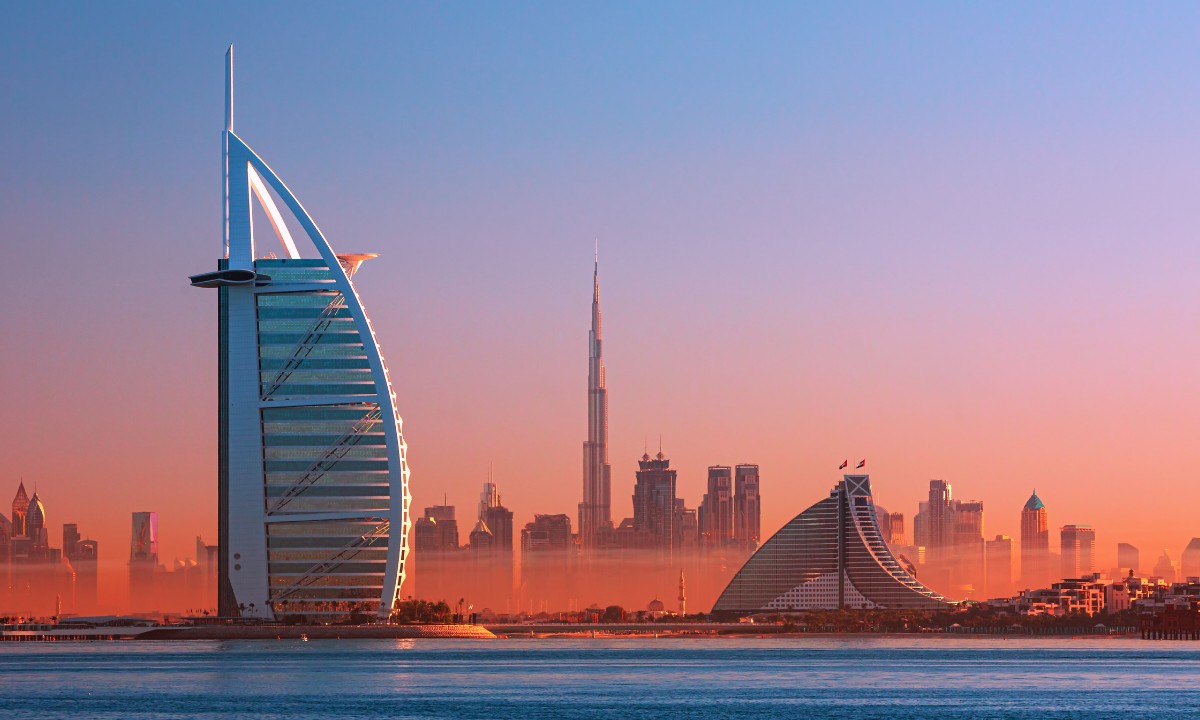The UAE ratifies the Kigali amendment
April 22, 2024

On April 19, the United Arab Emirates ratified the Kigali Amendment to the Montreal Protocol, becoming the 157th country to sign the international agreement to phase down HFCs.
The UAE is considered a “Group 2” developing country, which means it will have to freeze HFC production by 2028 and reduce its HFC consumption by 85% by 2047 compared to its average HFC consumption from 2024 to 2026 plus 65% of its HCFC consumption from 2009 to 2010.
An increased focus on HFCs: In May 2023, the UAE’s Ministry of Climate Change and Environment (MOCCAE) issued Decree No. 138, which regulates the distribution use of HFCs in the country.
- The decree requires all entities “engaged in HFC-related activities” to obtain a permit from the MOCCAE to manufacture, import, export, re-export or transit HFCs or reclaimed and recycled materials derived from HFCs. The MOCCAE also requires regulated entities to submit quarterly reports on the quantity of HFCs they’ve sold, used and have remaining in stock.
- In December 2023, the UAE hosted COP28 in Dubai where it launched, in partnership with the Cool Coalition, the Global Cooling Pledge. The pledge commits signatories to reducing cooling-related emissions, and 70 countries have signed on so far.
First among the GCC: The UAE is the first country among the six nation Gulf Cooperation Council (GCC), a regional intergovernmental organization, to ratify the Kigali Amendment. The GCC’s other members are Bahrain, Kuwait, Oman, Qatar and Saudi Arabia.
- While the other GCC nations have yet to ratify the Kigali Amendment, they did reach a “consensus to proceed with [its] ratification” in September 2023 during a GCC meeting of climate and environmental affairs ministers.
2024 ratifications: Including the UAE, four countries have ratified the Kigali Amendment this year: Guatemala, Djibouti and Thailand.
What it means for NatRefs: It’s uncertain at the moment, but this is a step in the right direction, one made by a nation that has shown a willingness to experiment with natural refrigerants and new cooling technologies.
- According to Italian OEM Epta, the UAE became home to the Persian Gulf’s first transcritical CO2 (R744) refrigeration system in 2019. The rack was installed at a supermarket in Abu Dhabi, the nation’s capital.
- That same year, Abu Dhabi became the first country in the MENA (Middle East and North Africa) region to implement a district cooling framework, according to a 2022 report from consulting firm Guidehouse.
- Per the report, the UAE makes up 20% of the total market for refrigeration and air-conditioning (RAC) equipment in the region. Saudi Arabia leads the region and commands 29% of the total RAC market.


